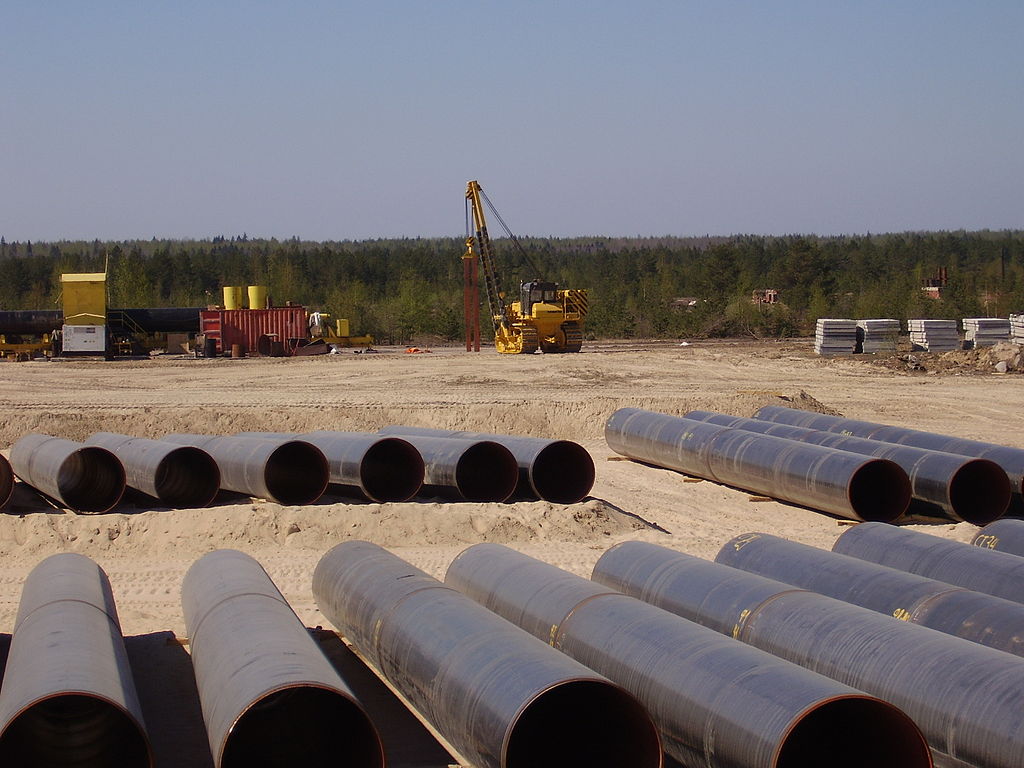Natural gas shortages threaten governments’ green goals. Economist Report

All the causes of the shortage of natural gas and the consequences for the energy transition plans. The Economist in-depth study
Another crucial global market has gone from excess to great scarcity. Last September in Europe it cost 119 euros ($ 139) to buy enough gas to heat an average home for a year, and the continent's gas storage facilities were full. Today it costs 738 euros and stocks are scarce. America, which has an abundance of shale gas, has also seen prices more than double, albeit from a much lower level, and could see further increases if winter is cold.
Deficiency has many causes. A cold European spring and a hot Asian summer have increased the demand for energy. The rebound in industrial production has increased the global appetite for liquefied natural gas (LNG). Russia has piped less gas into European reserves. Hawks suspect it is trying to scare the market and make sure its new Nord Stream 2 pipeline is approved. But it has also faced disruptions, including a fire at a processing plant in Siberia – writes The Economist .
Gas has filled gaps in energy production from other sources. The wind didn't blow much in Europe this summer, while the drought interfered with the production of hydroelectricity. The rising price of permits needed to emit carbon in the EU has made coal expensive. So there are few alternatives to gas combustion for electricity and home heating.
While the other bottlenecks in the world economy – for container ships and microchips – have sparked a boom in capital spending, investments in fossil fuels are in long-term decline. American shale can only help up to a point, because gas markets are imperfectly connected via LNG. High prices, when they hit, will mainly serve to ration the limited supply. But it takes big price movements to curb demand. If the coming months are cold, energy in Europe may have to become extremely expensive to convince businesses and households to use less.
Solving this problem requires an accurate diagnosis of what went wrong. Governments have not sufficiently taken into account the intermittency of renewable energies. The world has too little nuclear power – a low-carbon energy source that is always on. Gas interventions and subsidies will only make matters worse. Expensive energy angers voters and hurts the poor. But subsidizing energy in a squeeze, as Italy is doing, or limiting prices, as Britain does, will exacerbate shortages and make policymakers' commitment to green seem hollow. Governments should use the welfare system to support household incomes, if necessary, while helping energy markets to function efficiently.
The long-term challenge is to smooth out volatility as the shift to renewable energy continues. Eventually, low-cost battery storage could solve the intermittency problem; at this time, even more gas storage would help. Meanwhile, changes in the market could make things better.
In Britain, many small energy suppliers that offer, for example, one-year fixed-price contracts to consumers, but buy energy at variable rates, will soon go bankrupt. Getting companies that sell at fixed rates to hedge against wholesale price increases should encourage more physical gas storage. Another idea is to invest more in connecting networks (a link between Britain and France has recently failed) and natural gas infrastructure, so that arbitrage exchanges can level the disparities in the global supply of power.
Dirty power sources should be expensive. But without reliable alternatives, rising prices increase inflation, lower living standards and make environmentalism unpopular. If governments do not manage the energy transition more carefully, today's crisis will be the first of many that threaten the vital transition to a stable climate.
This is a machine translation from Italian language of a post published on Start Magazine at the URL https://www.startmag.it/energia/carenza-gas-aumento-prezzi-energia/ on Sun, 26 Sep 2021 06:28:25 +0000.
